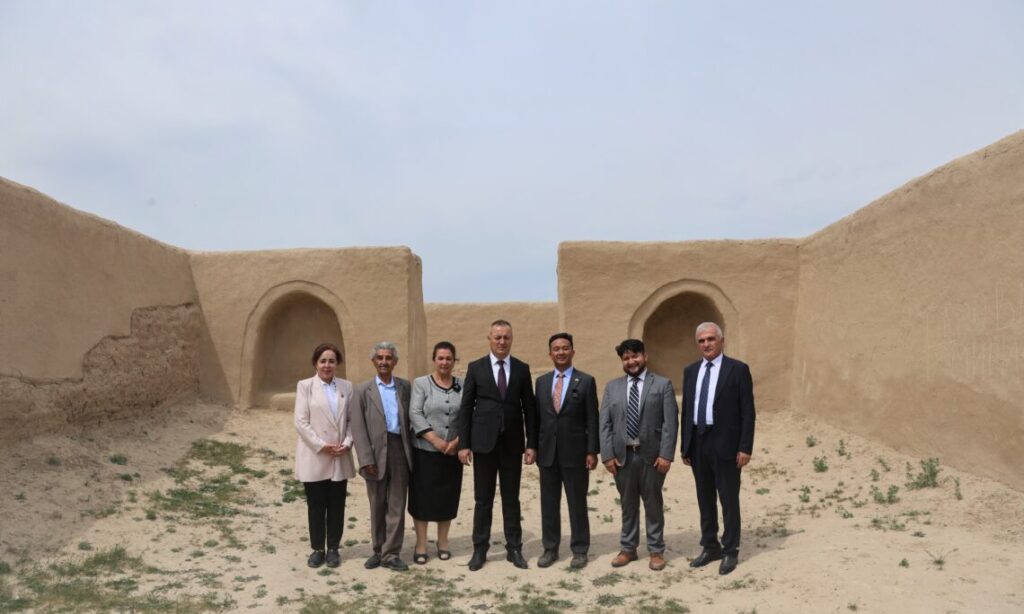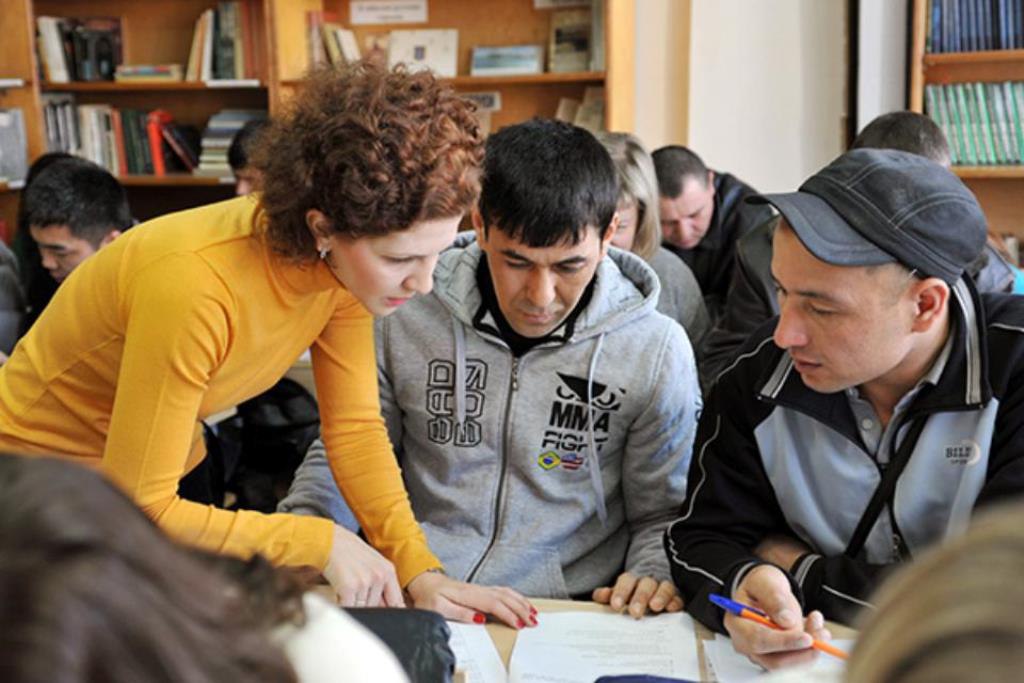US Embassy Boosts Preservation of Tajikistan’s Ancient City
On April 26, U.S. Ambassador to Tajikistan Manuel P. Micaller, Jr. attended the celebration of the restoration of the Silk Road’s ancient city of Panjakent. Located in Tajikistan’s Sughd region and dating back to the 5th century, it is recognized as a UNESCO World Heritage Site. Financed by the U.S. Ambassador’s Fund for Cultural Preservation (AFCP) program, the U.S. Embassy awarded a grant of $186,766 to the Public Organization Javononi Peshsaf for the preservation and restoration of four of Panjakent’s key archaeological structures: the Zoroastrian temple, and corner tower-defensive wall, both constructed between the 5th-8th centuries; the defensive wall, dating back to the early fifth century, and the ceremonial hall Rustamiada, built between the 7th-8th centuries. The ancient Panjakent archeological site project, implemented by Javononi Peshsaf, in close cooperation with local authorities and the Archeological Base of Panjakent and Sarazm, offers significant potential to increasing international tourism and academic interest, and in the words of the ambassador, “boost local economy and improve the prosperity of the Tajik people.” The site which illustrates the history of Sogdians, provides a unique and rare insight into life in Central Asia during the fifth to eighth centuries. After years of being buffered by the elements, the site once carefully restored with traditional materials, including mud bricks and mortar and clay plaster, is now being preserved for generations to come. In his address, Ambassador Micaller stated, “I am honoured and proud to celebrate our partnership to preserve the ancient city of Panjakent. For the U.S. Embassy, supporting the restoration of this ancient Silk Road city is one of the most meaningful ways we can express our respect for, and appreciation of, Tajikistan’s rich history and culture.”








